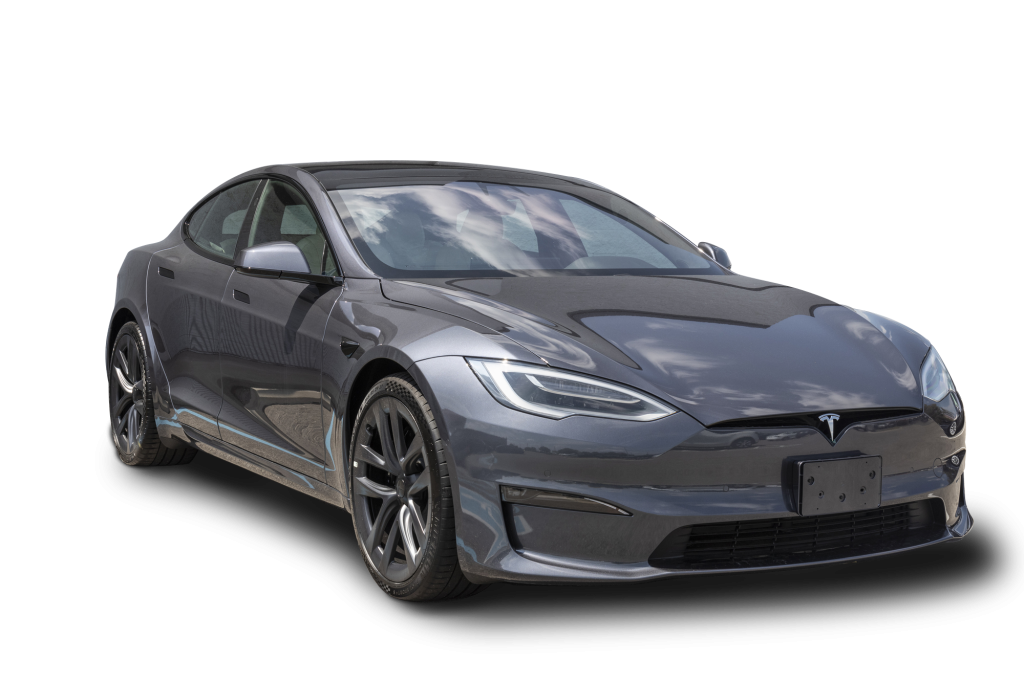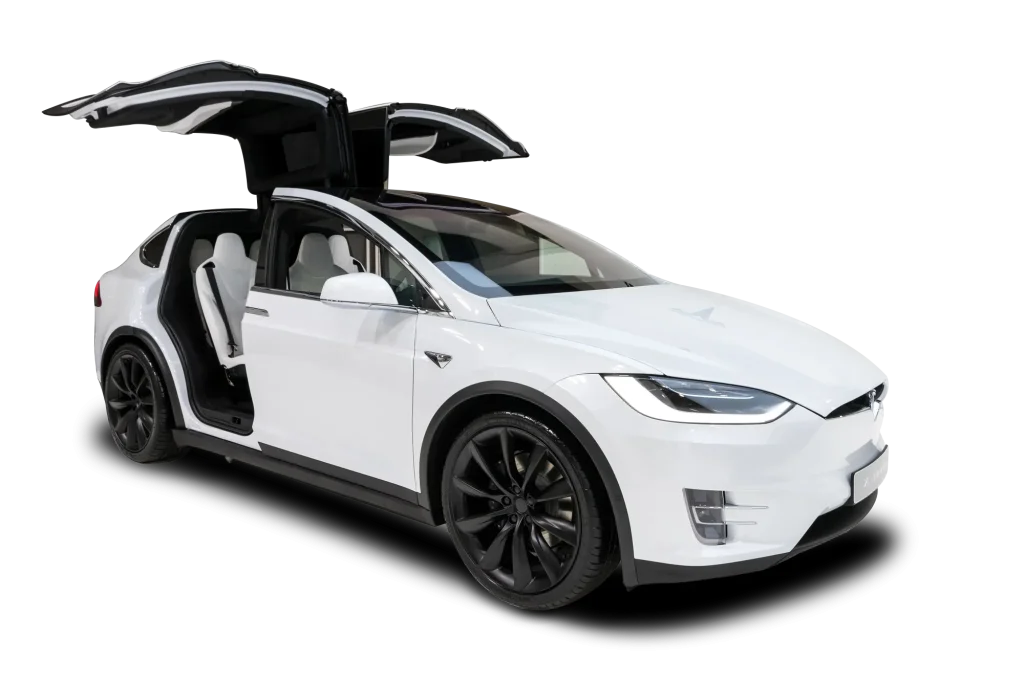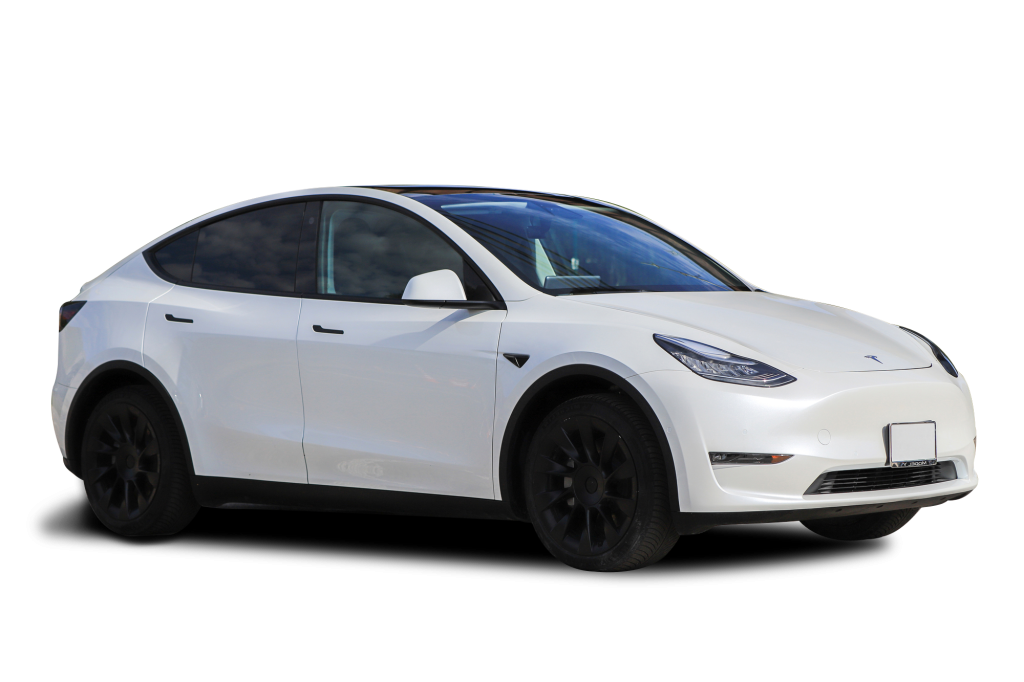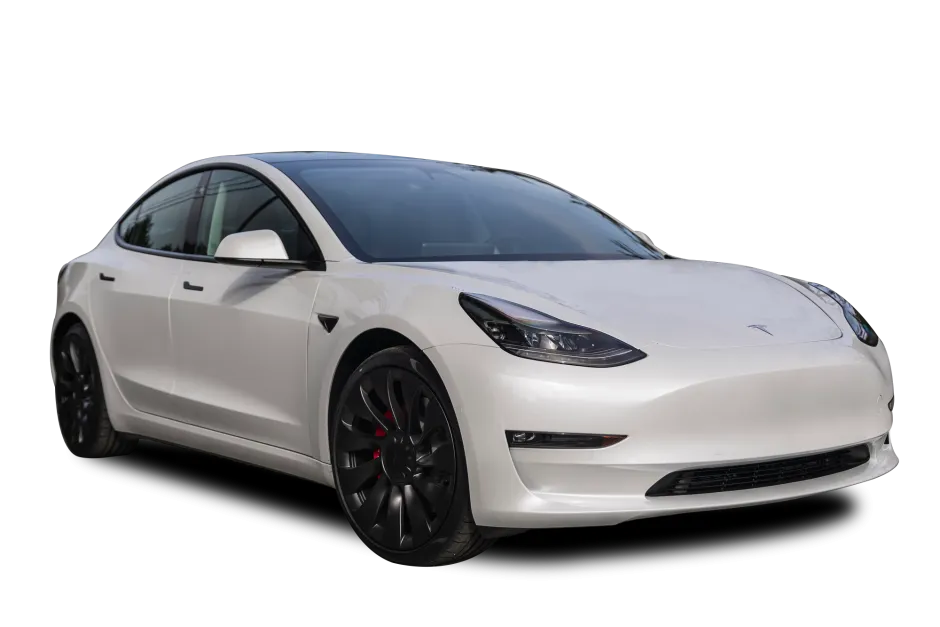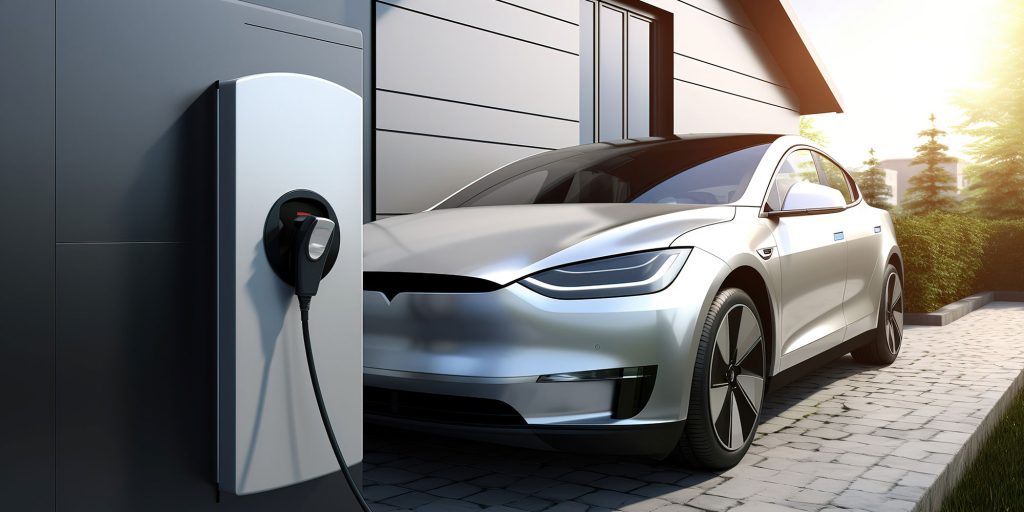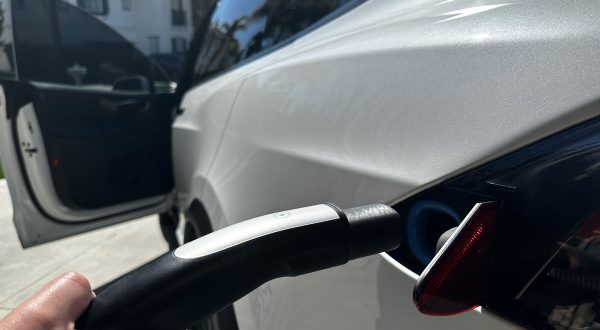Tesla has led the charge to electrify America with its relentless focus on style, technology and battery, which has led to unparalleled electric ranges in its EV fleet. The company was named after Nikola Tesla, the famous inventor whose invention of the teslacoil that was the foundation for modern AC electrics. The first vehicle launched by Tesla was the Roadster in 2008, which had limited traction. The Model S Sedan was a cheaper model compared to the Roadster and went into full production in 2012. Following the success of the Model S, Tesla quickly moved to push its models to the mass consumer market, launching the Model X in 2015 and the Model 3 Sedan in 2017. The Tesla Model Y is the company’s electric compact crossover launched in 2019, which has been extremely well received due its crossover comfort. Despite the introduction of Superchargers, vehicles owners generally prefer to charge at home, at their own convenience and generally at cheaper rates to commercial charging stations. We receive many requests for Tesla chargers, especially from car dealerships and buyers of used Tesla’s seeking a simple, lower-cost charging option for their Tesla.
Frequently Asked Questions
What connector does Tesla use?
- Tesla uses the North America Charging Standard (NACS), which is also known as SAE J3400.
- The Non-Tesla standard is currently J1772; this is currently adopted in North America by all non-Tesla vehicle manufacturers such as Chevrolet, Ford, Nissan, Toyota, etc.
What are the charging speeds of Tesla vehicles?
- The vast majority of Tesla vehicles have an 11.5 kW acceptance rate.
- Acceptance rate is the on-board battery’s ability to take on power. This makes Tesla vehicles well suited for the fastest options, such as NEMA 14-50 and NEMA 6-50 level 2 EV chargers or Hardwire EV chargers, whereby the charger is wired directly into the electrical panel.
Are other non-Tesla EVs using the NACS standard?
- Not currently, but in the future, we expect Ford to use the Tesla NACS connector instead of the current J1772. In late 2024, Ford will adopt NACS and move away from J1772 / CCS connectors.
- General Motors, Chevrolet, Cadillac, Buick, KIA, and other manufacturers are expected to switch to NACS in all or some models launching in late 2024.
What is the cost of a full charge for a Tesla?
- The cost of electricity used by a Tesla charger depends on several factors, including the charging speed, local electricity rates, and usage duration.
- A Level 2 Tesla charger typically has a power rating of 9.6 kWh (40 amps) or 11.5 kWh (48 amps).
- Assuming an electricity rate of $0.10 per kWh (super off-peak), charging a Tesla with a 75 kWh battery would cost approximately $7.50 for a full charge. Commercial charging is 2 to 2.5 times the cost of residential charging.
Is J1772 compatible with a Tesla?
- Tesla uses a proprietary charging connector, distinct from the J1772 standard used by other EV manufacturers.
- However, a J1772 to Tesla adapter can convert Level 1 and Level 2 J1772 chargers to Tesla connectors.
- Additionally, the CCS1 adapter allows compatible Tesla EVs access to DC fast chargers.
Can I Use a 220 Outlet to Charge My Tesla?
- Yes, the Mobile Connector bundle includes a NEMA 14-50 adapter, enabling you to connect to a 220 V outlet.
- This can provide approximately 30 miles of range per hour, depending on the Tesla model.
Is Charging a Tesla Possible with a Standard Household Outlet?
- Yes, the Mobile Connector bundle includes a NEMA 5-15 adapter, which can be used with a standard 120-volt household outlet.
- In practice, this has minimal utility. It will take 24+ hours to charge with a NEMA 5-15, assuming a 12 amp supply current.
How Long Does It Take to Charge a Tesla?
- Charging time for a Tesla varies based on factors such as battery size, charging level, and the charging rate of the station or outlet.
- For a Tesla Model S with a 75 kWh battery:
- Level 1 (120 V): 24-36 hours
- Level 2 (Third-party chargers/Tesla chargers/Tesla home charger): 6-10 hours with an 11.5 kW onboard charger
- Tesla Supercharger: Up to 170 miles of range in just 30 minutes.
Can Non-Tesla Chargers Be Used for Tesla Charging?
- Yes, you can employ a J1772-to-Tesla adapter to charge your Tesla using Level 1 and Level 2 chargers.
- Additionally, there’s the CCS to Tesla adapter that facilitates charging at DC Fast charging stations nationwide.
How Much Does a Tesla Charger Cost?
- Rough cost estimates for various Tesla charging products include:
- Mobile Connector: $230
- Wall Connector: $425
- J1772 Wall Connector: $550
What Types of Chargers Does Tesla Use?
- Tesla utilizes a proprietary charger (North American Charging Standard or NACS) previously exclusive to Tesla models.
- There are three main types of chargers for Tesla EVs:
- Mobile Connector
- Wall Connector
- Supercharger
Is Charging a Tesla More Affordable Than Using Gas?
- Yes, charging a Tesla is more cost-effective than using gas.
- With an average gas price of $5.00 per gallon in California and considering a 15-gallon car tank,
- Filling up the tank costs about $75.
- For a car getting 30 miles per gallon, a full tank provides roughly 450 miles of range.
- Driving 1,183 miles per month means refueling over three times, costing around $220.
- In contrast, covering the same distance in a Tesla would only cost about $60, resulting in significant cost savings.

